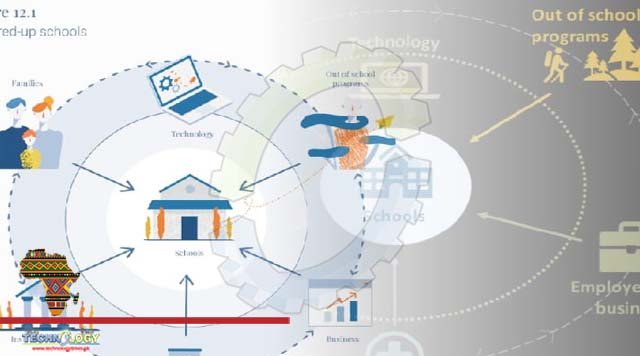Haring technology and supporting innovation is not just about equity. It´s also the best way to stop pandemics

Ending Covid19 Pandemic , Inequity has plagued the responses to harmful pathogens. Take Covid-19: an unprecedented 11.9 billion vaccine doses have been administered worldwide, helping many countries turn the tide on the pandemic. Yet more than 80% of people in Africa have not received one dose, some 18 months since the first person was vaccinated. As long as this gap exists, we can’t protect the world against new virus variants and end the acute stage of this pandemic. Thanks to groundbreaking innovation, effective vaccines were developed in record time to protect against Covid-19. However, at the outset of the vaccination drive, a concentration of vaccine and other health technology production was seen in a few, mostly rich, countries. Poorer nations ended up at the back of the queue. The situation has since changed, with global supply exceeding global demand. The international community, led through the ACT-Accelerator and its COVAX facility, have played a crucial role to this end, confirming the response to scourges like COVID-19 requires ample preparedness and new ways of working in order to protect public health.
Ending Covid19 Pandemic, The acute stage of the Covid19 pandemic will persist worldwide until investment in equity is valued over profits. Now, the central challenges are how to ensure vaccines remain effective, boost the capacities of national public health systems to administer doses and increase vaccine uptake, and counter the pervasive winds of misinformation that fan vaccine hesitancy. An obvious lesson of this pandemic is that we must expand the local and regional production of vaccines and other essential health products in low and middle-income countries. This will allow for both direct access to vaccines, as well as the development of local ecosystems of vaccine production. It will make supply in the event of the next crisis more reliable and more equitable, as long as global supply chains are not interrupted. The World Health Organization (WHO), the African Union, the European Union, the Governments of South Africa, Rwanda, Senegal, Germany and France, and partners, are working to help industry and partners scale up local vaccine production and improve global and regional collaboration to prevent and respond to future pandemics. Investing collectively to ensure all regions of the world have state-of-the-art production infrastructure, trained personnel and institutional and regulatory arrangements is a valuable asset for our common health security. WHO is supporting a multilateral effort to create and spread mRNA technology in developing countries. One year ago, WHO, South Africa and the Medicines Patent Pool established a technology transfer hub for mRNA vaccines in Cape Town[1], supported by EU, France, Germany and other local and international partners. The hub’s goal is to spread this technology to developing countries by training and licensing manufacturers to produce their own vaccines for national and regional use.
Source: This news is originally published by techpoint.africa